If you’re a fan of hockey or planning to attend a game, you might be wondering how long hockey games typically last. The duration of a hockey game extends beyond the on-ice action, as there are intermissions between periods and other factors that contribute to the overall game length.
A typical hockey game is composed of three 20-minute periods, totaling 60 minutes of playtime. However, you should consider that there are intermissions between periods, which usually last around 15-18 minutes. Additionally, professional games often include commercial breaks, further extending the game duration.
On average, an NHL hockey game lasts around 2.5 to 3 hours. However, the duration can vary based on several factors, such as overtime periods and penalties. Understanding these factors can help you better plan your schedule and enjoy the sport to its fullest.
Key Takeaways:
- Hockey games consist of three 20-minute periods, totaling 60 minutes of playtime.
- Intermissions between periods typically last around 15-18 minutes.
- Professional games often include commercial breaks, further extending the game duration.
- An NHL hockey game typically lasts around 2.5 to 3 hours.
- The duration can vary based on factors such as overtime periods and penalties.
Hockey’s Three-Period Structure and Its Impact on Game Length
Understanding the structure of a hockey game is key to comprehending its overall duration. Hockey games are divided into three periods, each lasting 20 minutes, providing a total of 60 minutes of playtime.
Understanding Ice Time and Other On-Ice Factors
Ice time refers to the duration when the puck is in play, and the players are actively participating in the game. This includes gameplay, such as passing, shooting, and scoring, as well as defensive maneuvers and goaltending. However, it is important to note that not all 60 minutes of the game consist of pure on-ice action.
Several on-ice factors can influence the overall duration of a hockey game. These factors include penalties, which result in players temporarily exiting the game, stoppages in play for injuries, video reviews, and faceoffs. Additionally, game flow, such as the pace of play and offensive opportunities, can also impact the speed and length of the game.
The Role of Intermissions in Extending Game Duration
Intermissions serve as breaks between periods and play a crucial role in extending the duration of a hockey game. These intervals typically last around 15-18 minutes and allow players to rest, recover, and strategize for the next period.
During intermissions, various activities take place to ensure optimal game conditions. The ice is resurfaced to maintain a smooth and fast playing surface, and adjustments may be made to the boards, glass, or equipment. These maintenance tasks contribute to the overall duration of the game but are necessary to provide the best playing experience for the athletes.
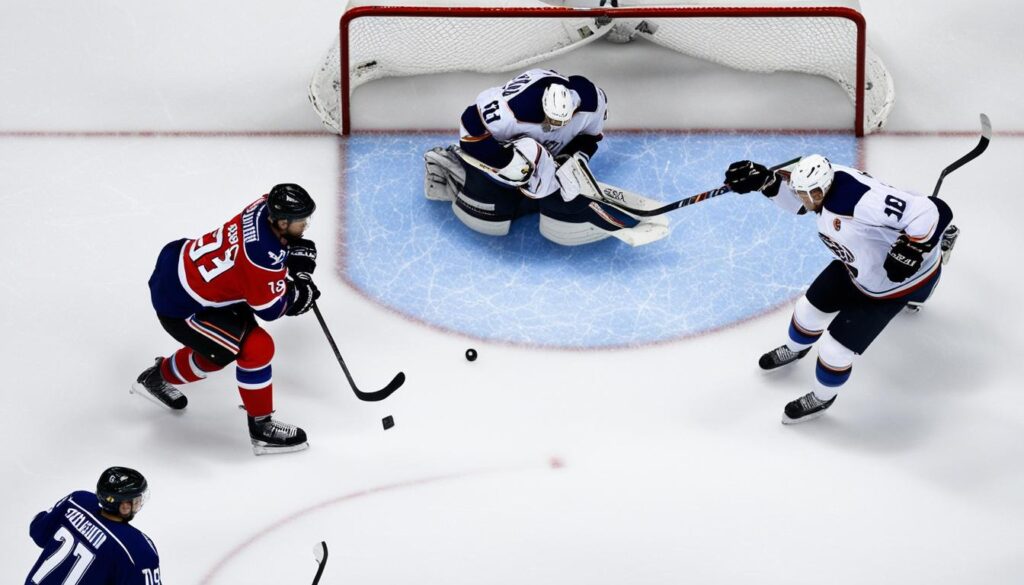
How Long Are Hockey Games?
In professional leagues like the NHL, hockey games typically last around 2.5 to 3 hours, including playing time and intermissions. However, the duration of a game can vary based on several factors that affect game length.
- Overtime Periods: If a game is tied after regulation time, additional overtime periods may be played to determine a winner. These overtime periods can significantly extend the game duration, especially during high-stakes playoff matches.
- Penalties: Penalties in hockey can result in stoppages in play and additional time being added to the game clock, increasing the overall length of the game.
- Commercial Breaks: Professional hockey games, particularly televised ones, include commercial breaks to generate advertising revenue. These breaks can add several minutes to the overall duration of a game.
- Strategic Timeouts: Teams may also take strategic timeouts during the game to regroup and discuss strategies. These timeouts contribute to the overall length of the game.
- Game Flow and Stoppages: The pace of the game and the frequency of stoppages, such as icings, offsides, and faceoffs, can influence how long a game lasts.
- Number of Goals: The number of goals scored in a game can also impact the game length, as high-scoring games may have more stoppages and extended play.
Overall, the average duration of a hockey game is influenced by various factors. Fans should keep in mind that the excitement and intensity of the sport often make the duration irrelevant, as they embrace the unpredictable nature of each game.
Conclusion
Average Duration Snapshot: From First Puck Drop to Final Horn
The average duration of a hockey game, from the first puck drop to the final horn, is approximately 2.5 to 3 hours. This includes the actual playing time, as well as intermissions and commercial breaks. It’s important for fans to understand that this is just an average, and game length can vary based on several factors.
Embracing the Unpredictable: Factors that Contribute to Game-Length Variability
Several factors can impact the overall duration of a hockey game. Overtime periods, penalties, game flow, and commercial breaks all contribute to the variability in game length. Overtime periods, especially during high-stakes playoff matches, can significantly extend the game duration. Meanwhile, penalties and stoppages in play can also contribute to a longer game.
It’s crucial for fans to embrace the unpredictable nature of hockey games. While the average duration provides a general expectation, the ebb and flow of the game, coupled with strategic decisions and unexpected events, make every game unique. Understanding these factors not only helps fans better plan their schedules but also enhances their appreciation for the sport.
FAQ
How long are hockey games?
Hockey games are comprised of three 20-minute periods, totaling 60 minutes of playtime.
What factors can affect the duration of a hockey game?
Factors such as overtime periods, penalties, game flow, and commercial breaks can impact the length of a hockey game.
How long does an NHL hockey game typically last?
A professional hockey game, particularly in the NHL, usually lasts around 2.5 to 3 hours, including playing time and intermissions.
What happens during intermissions in a hockey game?
Intermissions provide teams with valuable time to rest, strategize, resurface the ice, and engage in activities like fan contests and interviews.
Why are there commercial breaks during hockey games?
Commercial breaks occur to generate advertising revenue, and they are typically scheduled during stoppages in play such as icing or whistles.
How do overtime and shootouts impact the duration of a hockey game?
Overtime periods can significantly extend the game length, and shootouts may be needed to determine the outcome if no goals are scored in overtime.
What are the average duration and variability of hockey games?
On average, a hockey game lasts around 2.5 to 3 hours, but factors like overtime, penalties, game flow, and commercial breaks can contribute to variability in game length.
Can fans plan their schedules better by understanding game duration factors?
Yes, understanding the various factors that impact game length can help fans better plan their schedules and fully enjoy the sport.






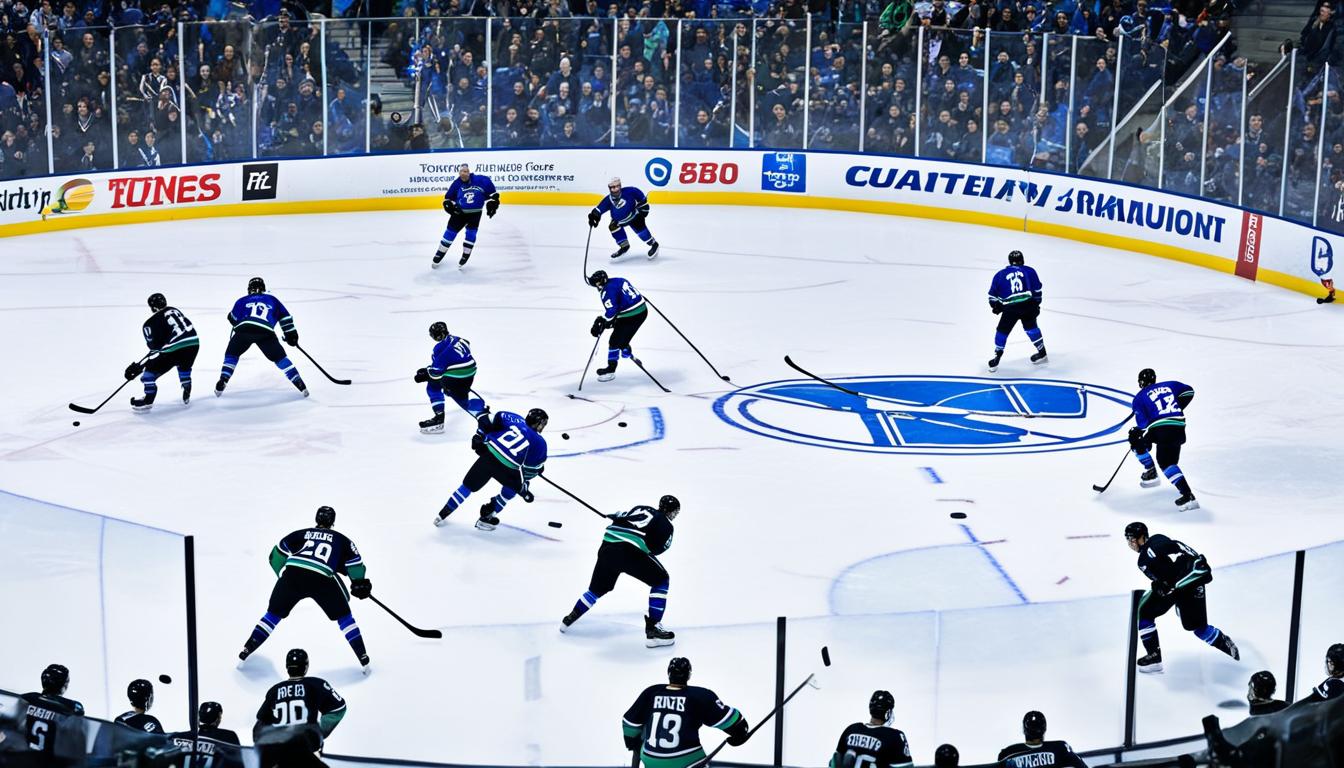
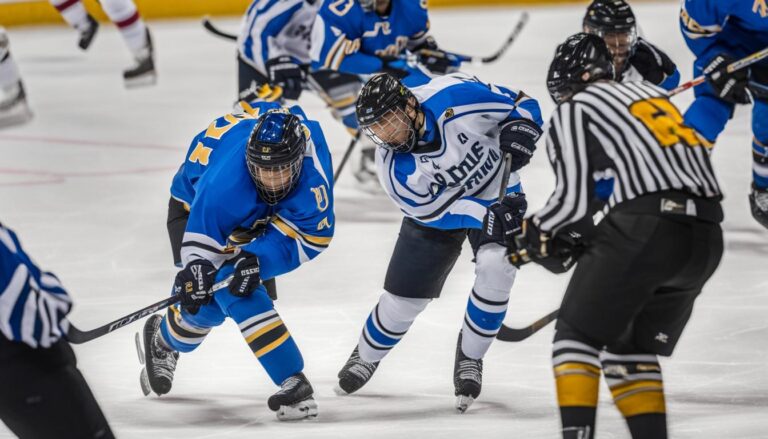
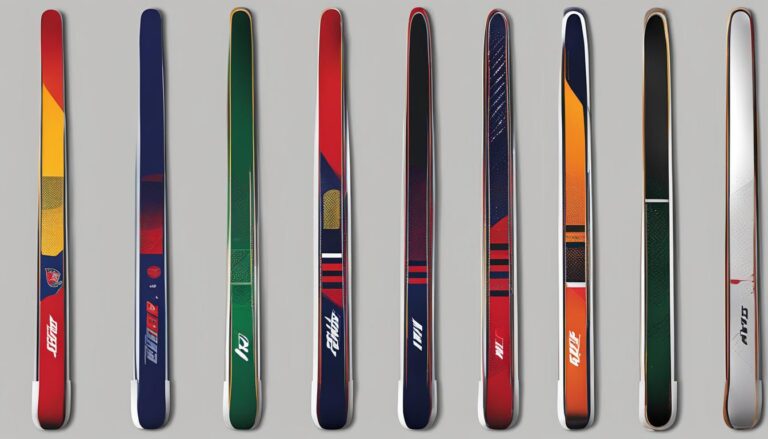
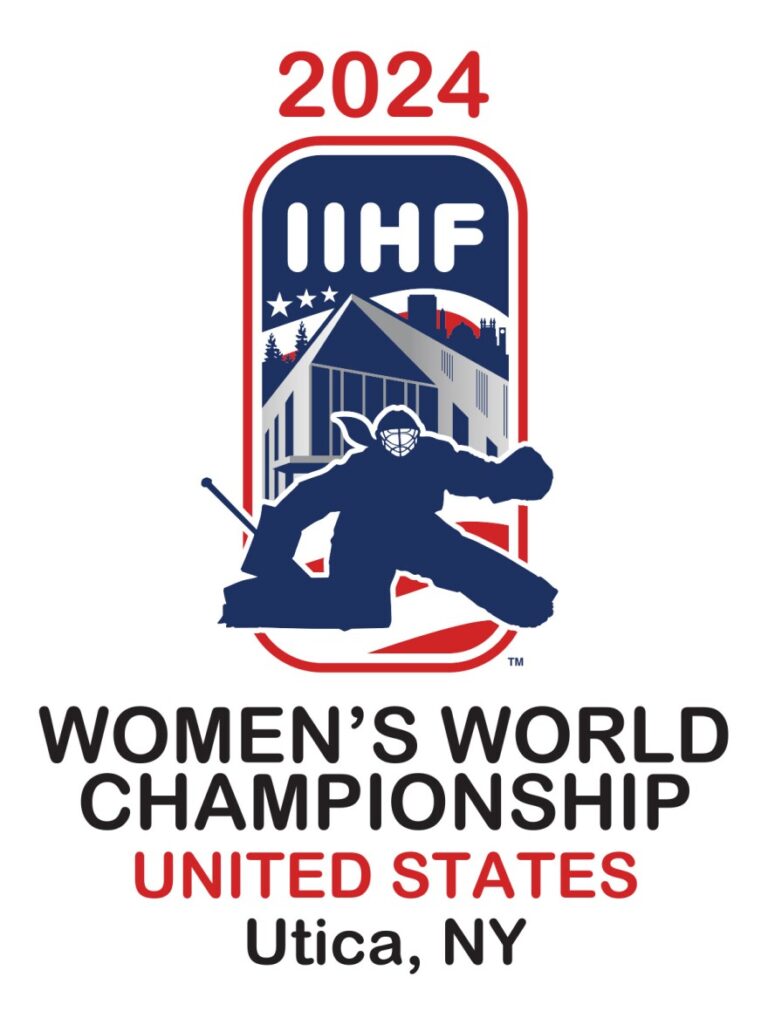




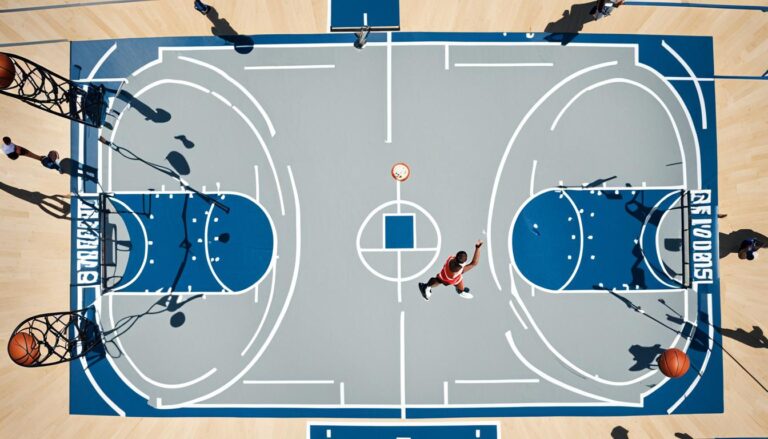
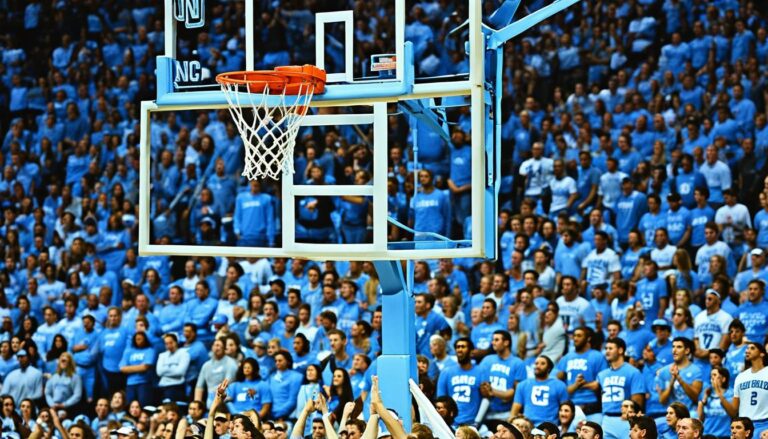

+ There are no comments
Add yours